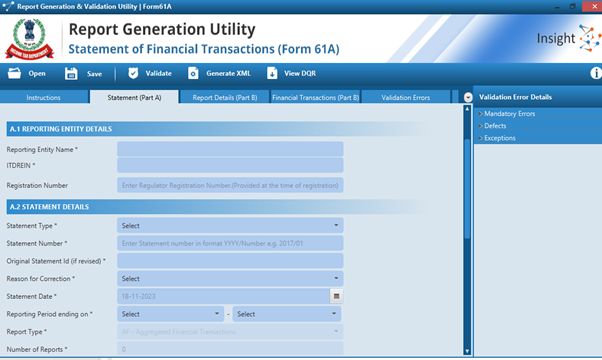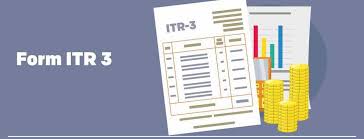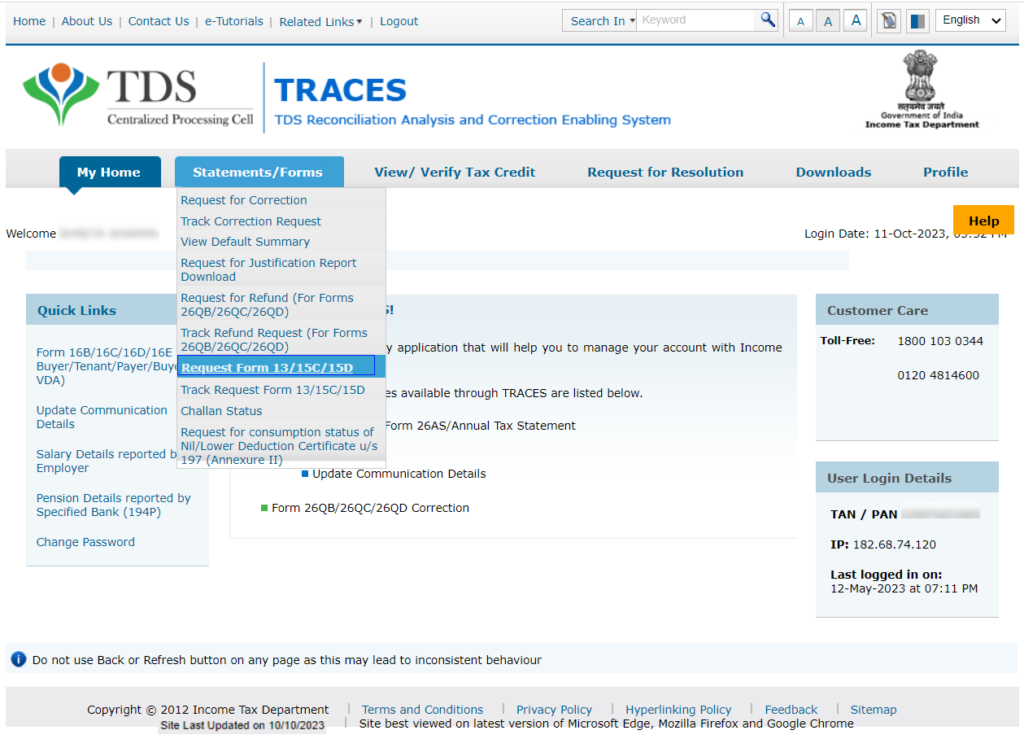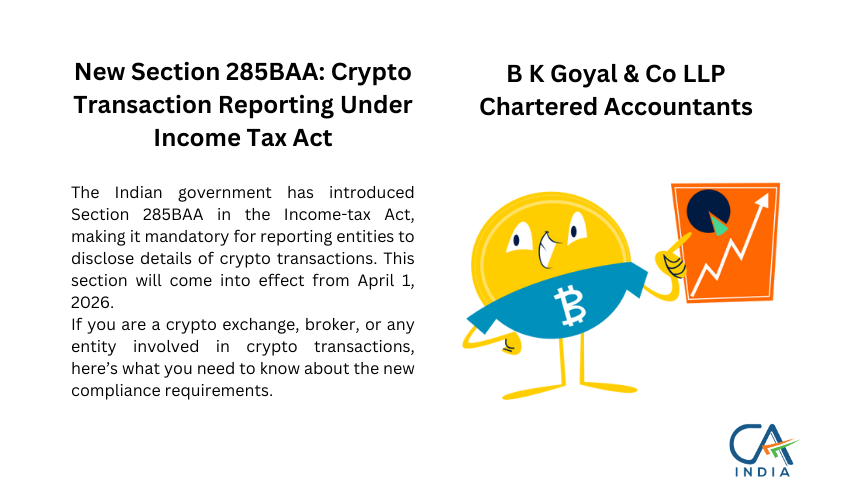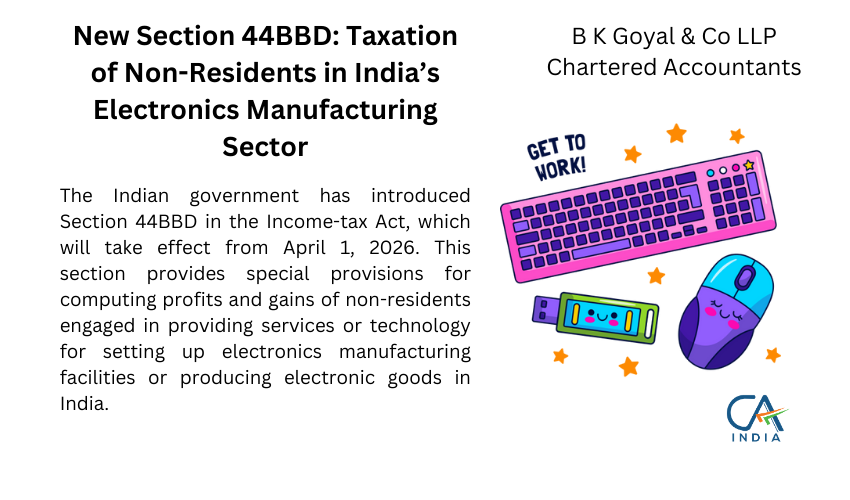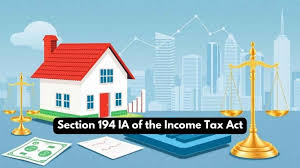Implementation Guidelines of Section 194R Of Income Tax Act 1961
Section 194R of the Income Tax Act deals with the taxation on any kind of benefits and perquisites received by an individual from a business or profession. This section applies to both monetary and non-monetary benefits and perquisites Scope And Coverage Of Section 194R The deductor is not required to check whether the benefit or […]

